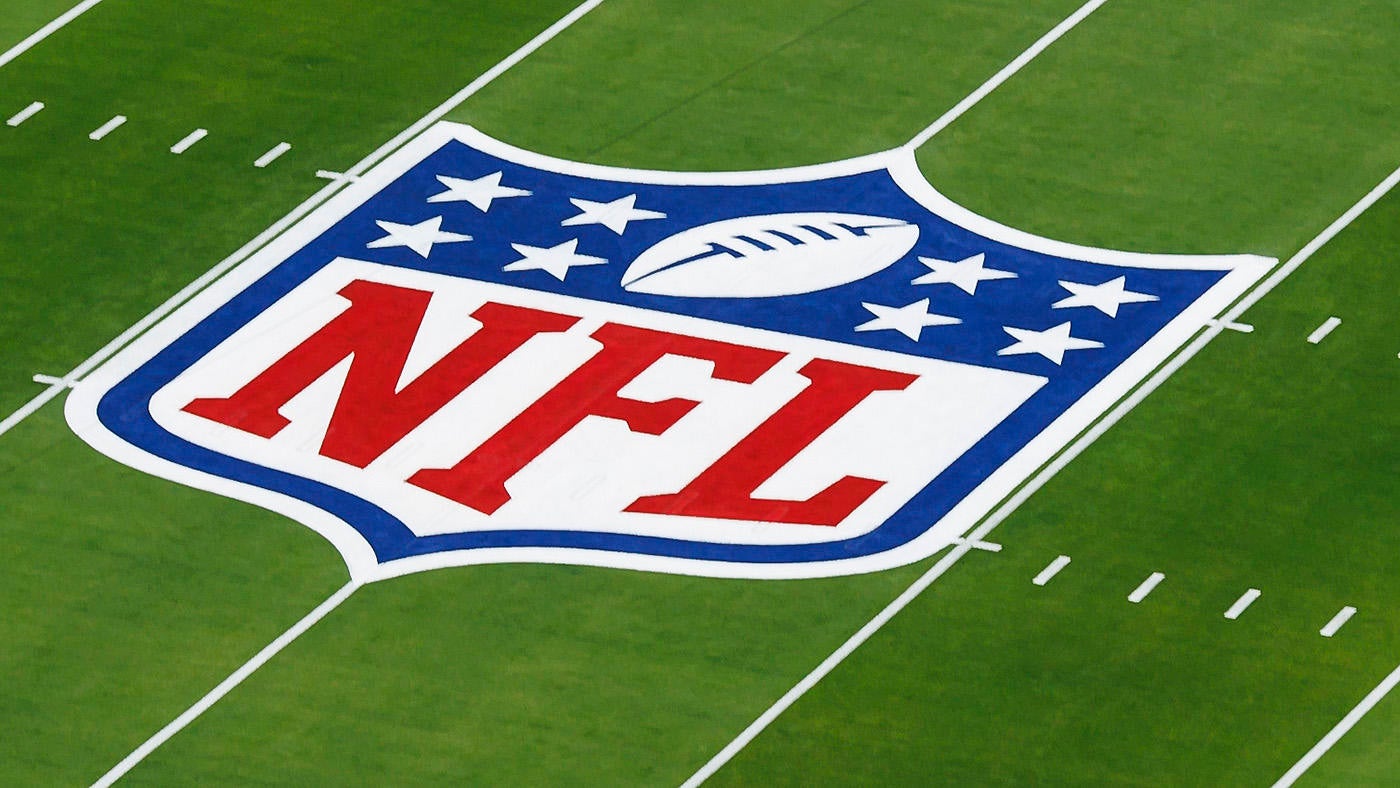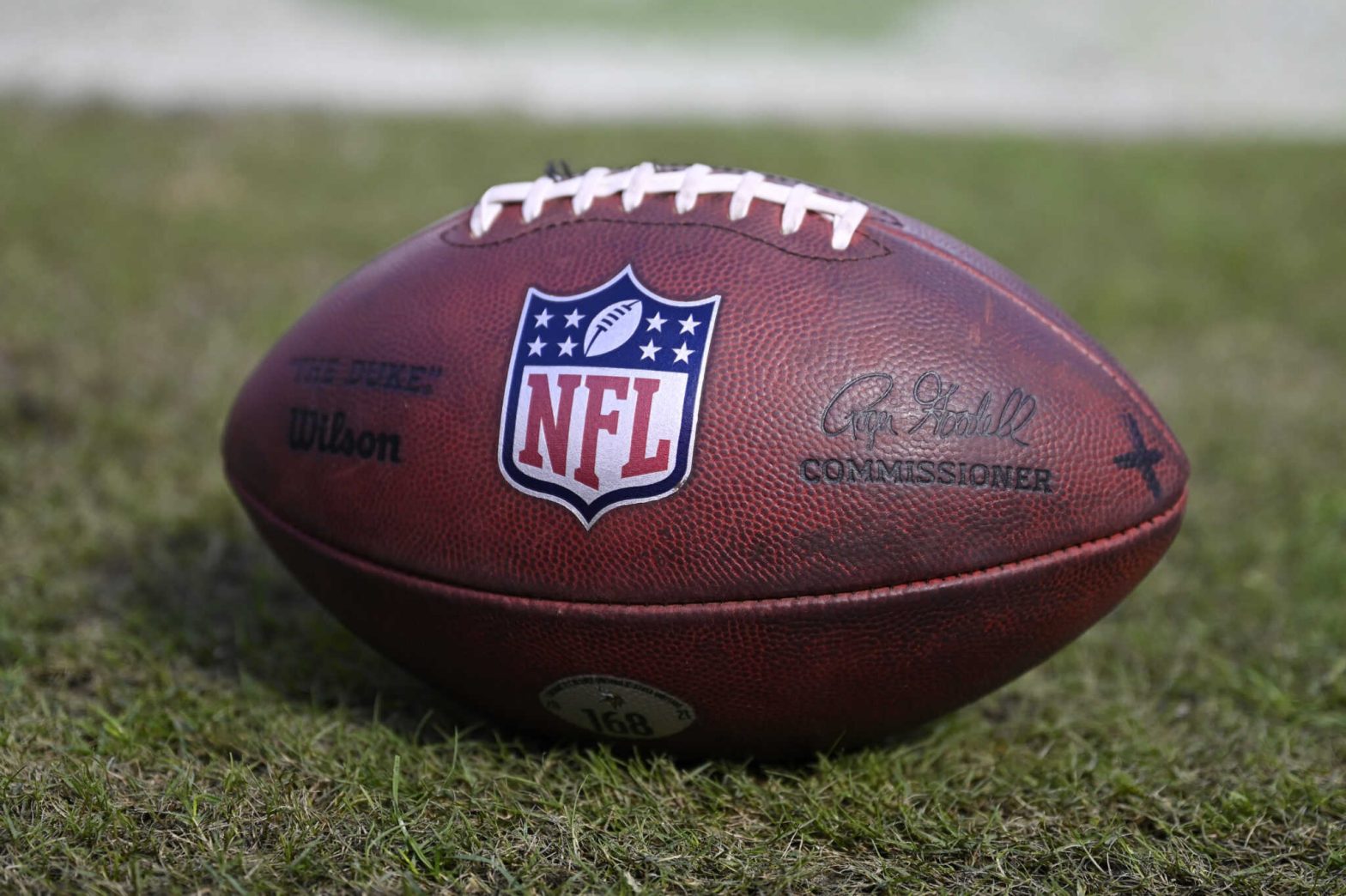If Giants wide receiver Malik Nabers hadn’t revealed on The Pivot podcast about his $10,000 bet with Commanders rookie Jayden Daniels on who would win offensive rookie of the year, the bet would still be valid. It’s possible it still is.
The simple solution in situations like this is to keep quiet. If Nabers hadn’t shared, nobody would have known about the bet. Then, if one of them had won, the other would have paid up $10,000, and that would have been it.
This highlights a major problem with the NFL’s stance on gambling. There’s a lot of information the NFL won’t ever know.
Last month, the Commissioner tried to justify the NFL’s involvement with sportsbooks by saying it helps the league get information on players who might be betting illegally. This suggests the league struggles to catch players who break the gambling rules, as long as they’re careful.

According to a source familiar with locker room dynamics, players frequently make bets among themselves, which is a natural part of their competitive culture.
“They bet on everything against one another,” the source explained. “Their entire life and every single thing that they do is a competition with and against one another.”
The crucial thing is to keep these bets private. This is where Nabers made a mistake. Even though both Nabers and Daniels have now stated that the bet is off, there’s nothing stopping them from privately honoring the bet if one of them wins.
It’s still uncertain whether the bet itself breaks any rules, particularly if it was made before they joined the NFL. This remains an unresolved issue. Could a player legally make bets on NFL games and awards before being drafted?
The league doesn’t have jurisdiction over players until they’re employed. If a bet is placed before joining the NFL but isn’t resolved until after being subject to league policies, does it constitute a violation?
